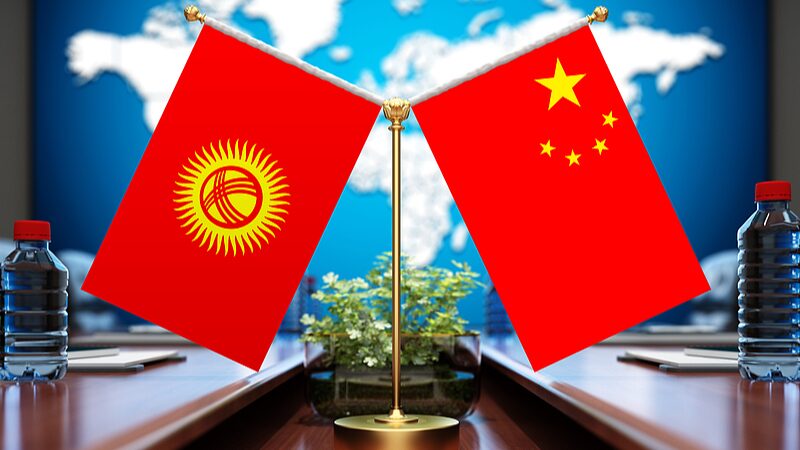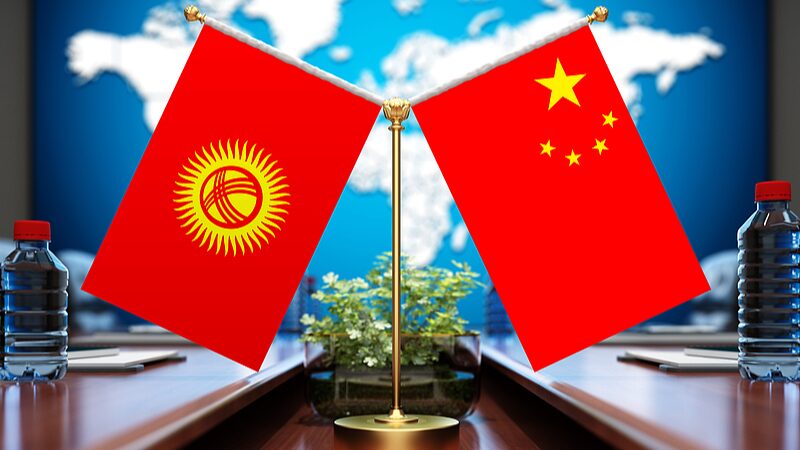The United States has once again weaponized its tariff policy by imposing tariffs on Canada, Mexico, and China. While these actions might seem beneficial to Washington in the short term by aiming to reduce its trade deficit and increase fiscal revenue, they carry significant long-term risks for the global economy.
Tariffs can serve as a bargaining chip in international negotiations, but their imposition often leads to heightened tensions in the global market. The disruption of supply chains and the uncertainty introduced can have a cascading effect on economies worldwide. By setting off this \"tariff bomb,\" the United States risks igniting a trade war that could hurt all parties involved.
Economic experts warn that such protectionist measures may lead to increased costs for consumers and businesses, hinder international trade relationships, and potentially slow down global economic growth. The interconnectedness of today's global economy means that no nation is isolated from these effects.
As history has shown, there are no winners in a trade war. The escalation of tariffs and counter-tariffs can lead to a cycle of retaliation, ultimately impacting industries, workers, and consumers across the globe. It is crucial for nations to seek collaborative solutions that promote fair trade practices without resorting to harmful economic weapons.
Reference(s):
cgtn.com




